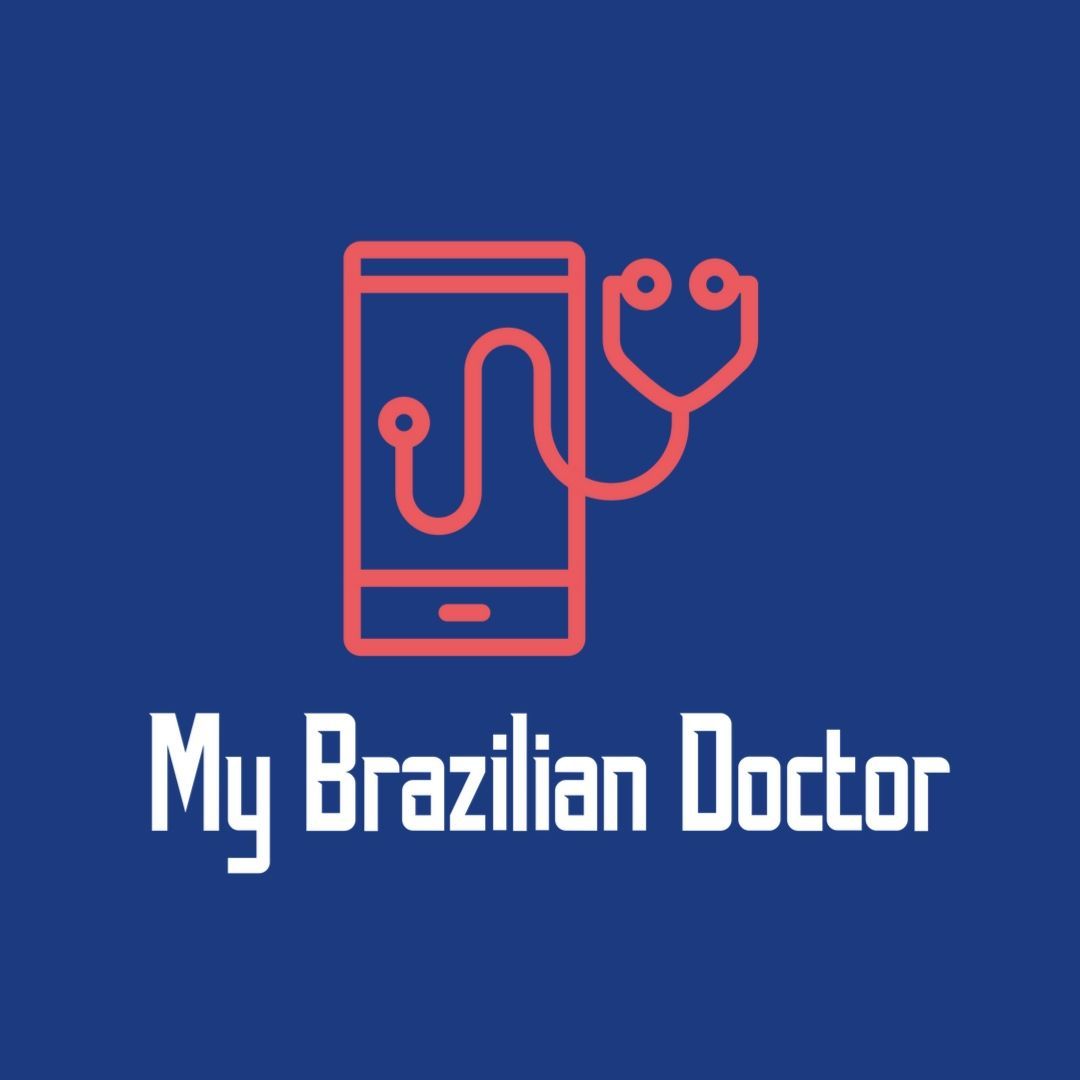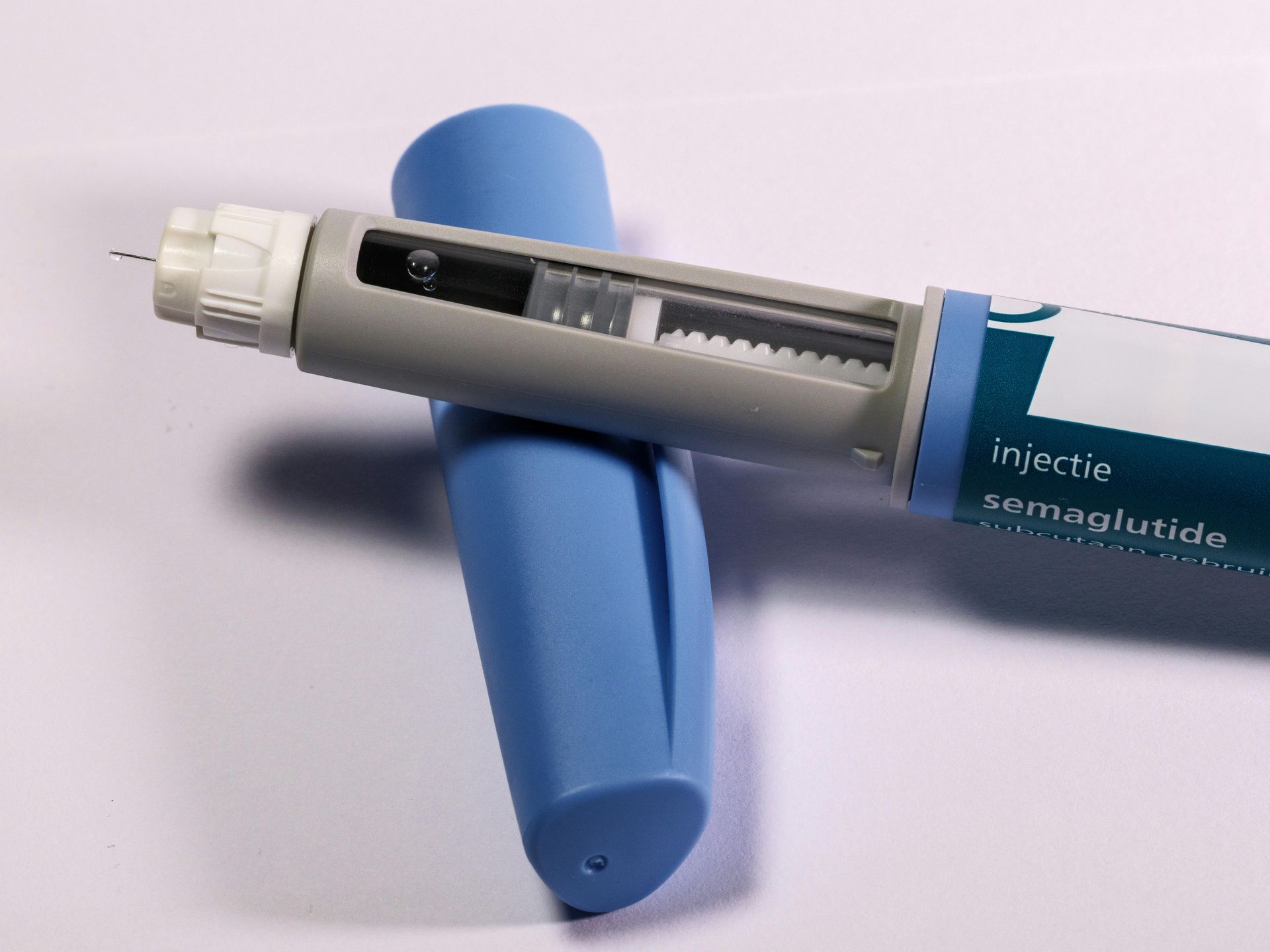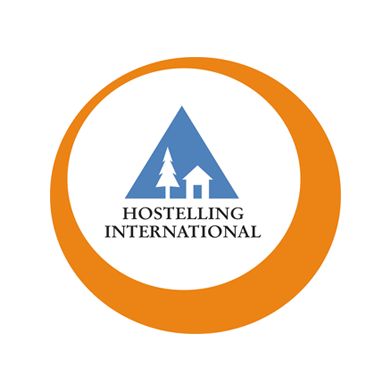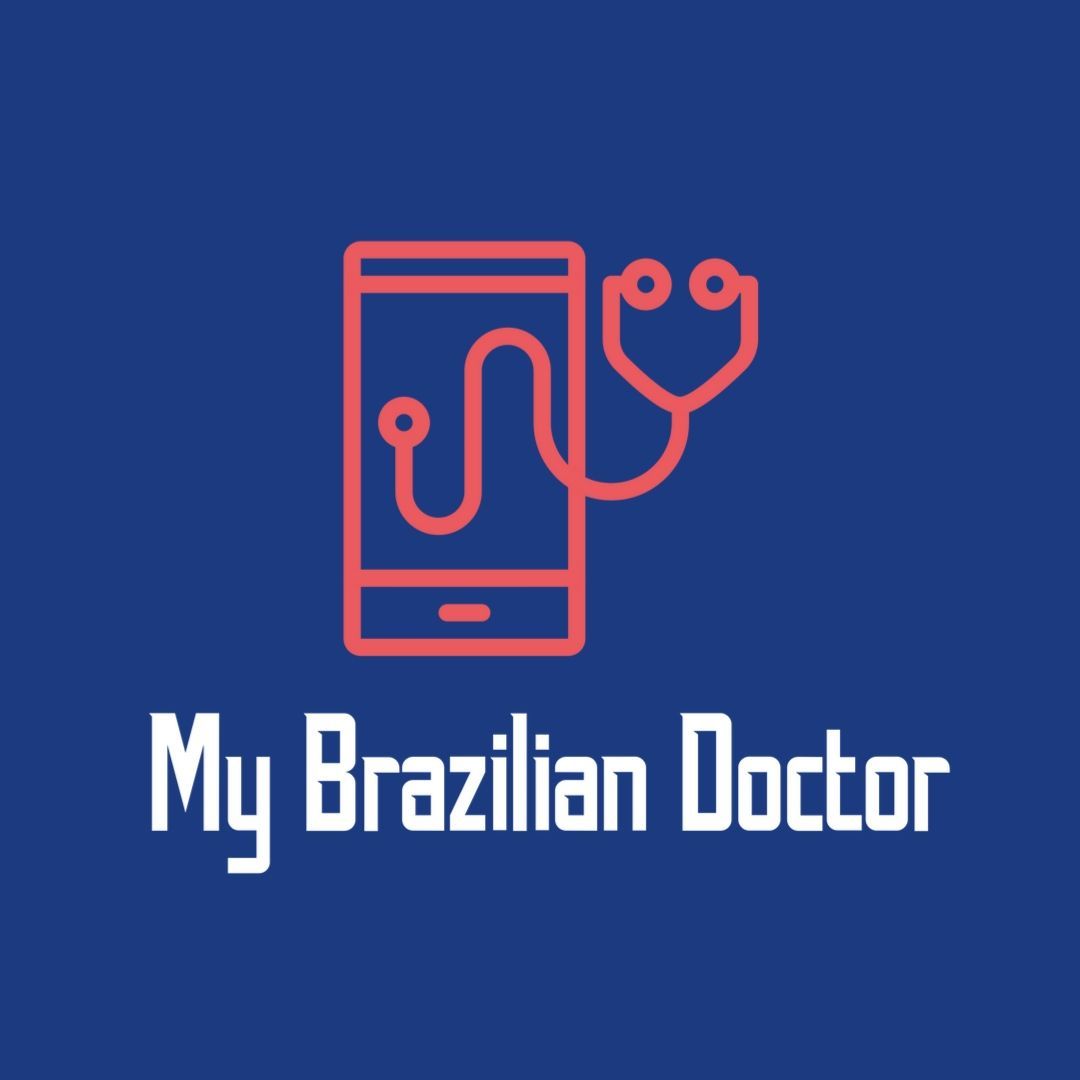Doctor in Porto Alegre: Harnessing Telemedicine for Everyday Health and Environmental Calamities
Telemedicine is a powerful resource for healthcare officially regulated in Brazil

Prior to the COVID-19 pandemic, the vast landscapes of Rio Grande do Sul presented logistical challenges in accessing quality healthcare, especially in rural areas. However, the past few years have witnessed a surge in telemedicine, transforming the healthcare landscape for residents across the state.
This innovative approach, which allows patients to connect with doctors remotely through video consultations, has flourished in Brazil since the pandemic. Now, telemedicine is not just a convenient option, but a formally recognized practice with official regulations from health authorities. This includes the ability for doctors to issue digital prescriptions, valid at any pharmacy throughout Brazil. This advancement streamlines the process for patients, eliminating unnecessary travel and long wait times.
This article delves into the rise of telemedicine in Rio Grande do Sul, exploring its benefits medical care in Porto Alegre and the whole state of RS, for patients and healthcare providers alike. We'll discuss the various telemedicine services available, the impact on accessibility of care, and the future of this transformative technology in the region.
The Environmental Catastrophe in Rio Grande do Sul
In the southernmost state of Brazil, Rio Grande do Sul, recent torrential rains have led to unprecedented flooding, affecting nearly two-thirds of the state's 497 cities. The floods have wreaked havoc, destroying roads and bridges, triggering landslides, and causing dams to either partially collapse or be at risk of collapsing. In Porto Alegre, the state's capital, the Guaíba lake overflowed, inundating streets and disrupting the normal functioning of the city, including the suspension of all flights at the international airport. This environmental catastrophe, at the moment of publication of this article (May 4th 2024) has displaced over 69,000 people, with 57 confirmed deaths and 67 individuals still missing.
Health Impacts of Flooding
The direct
health impacts of such flooding are immediate and severe, including the risk of drowning, physical trauma, and electrocution. However, the aftermath of flooding also brings significant
indirect health risks due to environmental disequilibrium. The standing water and disruption of sanitation services create breeding
grounds for pathogens, leading to the
spread of infectious diseases. Additionally, the overall stress and trauma from the disaster can severely affect
mental health, while the
disruption to healthcare services complicates the management of both acute and chronic conditions.
Rising Health Concerns in the Affected Areas after Flooding
In 2024, prior to the floods, Rio Grande do Sul already faced significant public health challenges:
- Dengue: There were 99,963 confirmed cases with 126 fatalities by April 2024 accordingly with official RS data, a significant rise from the previous year 2023 which saw 38,716 cases (incidence of 340.6/100.000 hab). This indicates an alarming increase in dengue incidence in 2024 (incidence of 1.173/100.000 hab) even before the flooding, which now risks further exacerbation due to increased mosquito breeding sites.
- Hepatitis A: Although less prevalent with an incidence of 0.29 cases per 100,000 inhabitants in 2021, the flooding could escalate transmission due to the potential contamination of water sources.
- Gastroenteritis: Between 2008 and 2014, accordingly to official data there were over 25,000 hospitalizations due to gastroenteritis in the Rio Grande do Sul state, with common pathogens including Salmonella, Staphylococcus aureus, Bacillus cereus, Escherichia coli, and Clostridium perfringens. The flood waters likely increase the spread of these pathogens.
- Respiratory Viruse: Until April 2024, before the climate catastrophe, the monitoring from Epidemiologic Vigilance of Respiratory Infections in Rio Grande do Sul showed the following distribution of viruses: SARS-CoV-2 accounted for 35.85%, Influenza B for 26.8%, and Influenza A H1N1 for 24%. These figures highlight the significant health burdens already present, which were potentially exacerbated by the flood-related disruptions and overcrowding in shelters.
Despite the diseases abovementioned the risk of other health conditions also rises. Cutaneous infections, spread through contaminated floodwater, become more common. Leptospirosis, a bacterial infection from animal urine in floodwater, can also pose a serious threat. Perhaps most long-lasting are the mental health impacts. Post-traumatic stress disorder (PTSD) and depression are frequent consequences of the trauma and loss experienced during floods. All of these expected conditions requires an efficient medical care in Porto Alegre with the challenges of megacity but also a potent network for medical assistance in Rio Grande do Sul which Telemedicine can contribute enormously.
The role of Telemedicine in Rio Grande do Sul
Telemedicine was already in use and officially regulated in Brazil since the COVID-19 pandemic and frequently practiced in Rio Grande do Sul. However, in situations like the recent flooding, which impact not only healthcare services but also mobility, telemedicine can be extremely important. Its ability to provide medical consultation and care remotely becomes invaluable when traditional healthcare access is disrupted or when physical movement is constrained by environmental damage.
The future of medical care demands a nuanced approach that caters to diverse populations. A significant example is the growing number of expats living abroad and visitors, who often lack fluency in the local language yet require healthcare access. Telemedicine offers a promising solution, and for this group, multilingual assistance is crucial.
Services for English-Speaking Visitors and Expats in Porto Alegre e RS
My Brazilian Doctor provides telemedicine services for a wide range of health issues, and are especially beneficial in such crises. For expatriates and visitors in Rio Grande do Sul, the service offers assistance in English and also in Portuguese, with doctor licensed in Brazil, facilitating access to healthcare without language barriers which is essencial for to provide a safe and effective medical care. This is particularly valuable in a state currently grappling with the aftermath of a natural disaster, where local healthcare resources are overwhelmed or inaccessible.
The concept of coordinated care is crucial, especially in the face of complex epidemiological challenges like the anticipated healthcare situation in Rio Grande do Sul in the next few months. It encompasses the continuity of care for prevalent health concerns, from requesting the appropriate lab tests to managing treatments that alleviate symptoms and protect the patient. This avoids hospital visits—often crowded and risky during high-demand periods—minimizing exposure to viruses and other infectious diseases.
As a provider of Family Medicine Services, My Brazilian Doctor excels in differentiating and addressing a wide array of conditions, ranging from those common in Rio Grande do Sul to STDs and common ailments such as UTI, travellers diarrhoea, respiratory infections or cutaneous conditions, just to mention a few of. It is always a is safe and convenient option, however, in situations with high hospital demand, Telemedicine can be crucial.
This comprehensive care model allows for effective symptom management at home for many health concerns, while also facilitating the monitoring for any need of further timely intervention.
My Brazilian Doctor provides easy booking for same day videoconsultations in English, essential support throughout this process, from identifying the need for hospitalization to facilitating communication with other healthcare services without delays, ensuring that foreign visitors receive the medical care they need, when they need it.
In conclusion, while the floods in Rio Grande do Sul have caused extensive damage and health crises, the use of telemedicine offers a resilient bridge over troubled waters, ensuring continued healthcare access during these trying times and certainly will be useful during the long return to normality of health services.
Highlights:





